Keywords: Russia
There are more than 200 results, only the first 200 are displayed here.
-
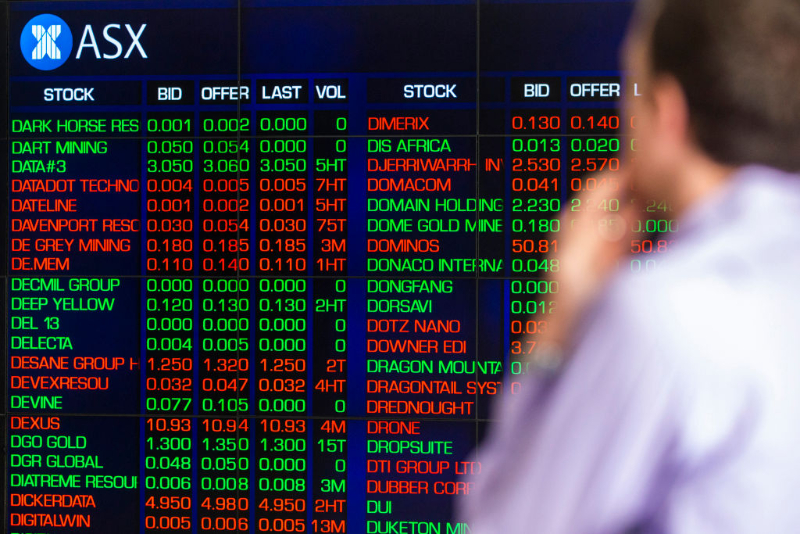
ECONOMICS
As commodity prices and inflation soar in the ‘real’ world we may be witnessing a prelude to another 2008-style crisis triggered by the foreign exchange markets. The risks certainly look similar and can be described with a simple question. Can the fictions produced by out-of-control financial actors survive reality?
READ MORE 
-
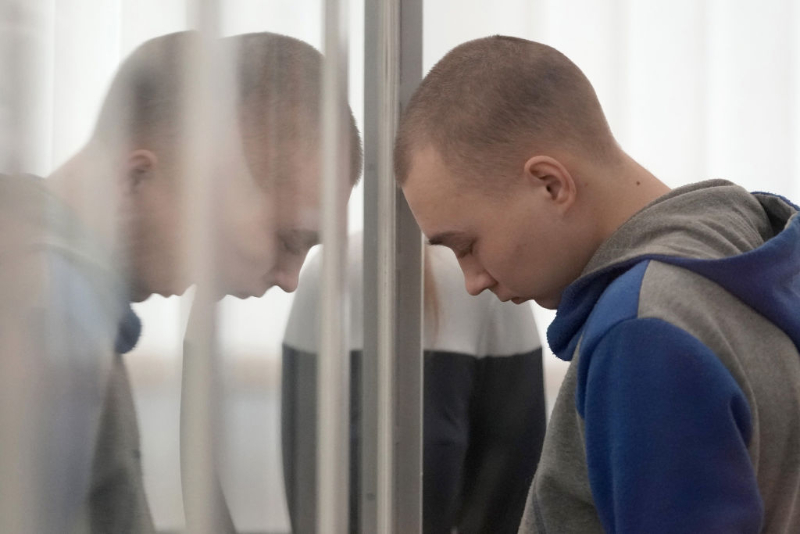
INTERNATIONAL
- Gillian Bouras
- 26 May 2022
14 Comments
In the photo I have just seen Vadim Shishimarin is in the dock, hanging his head. He is 21, but looks about 15 as he stands there in the polycarbonate box, the first Russian soldier to be charged and tried in Ukraine for a war crime. He holds the rank of sergeant and was a tank commander. At 21? (I’m embarrassed to recall how immature I was at 21.) It is likely he has a mother: I wonder how she is feeling right now, but think I can make a good guess.
READ MORE 
-
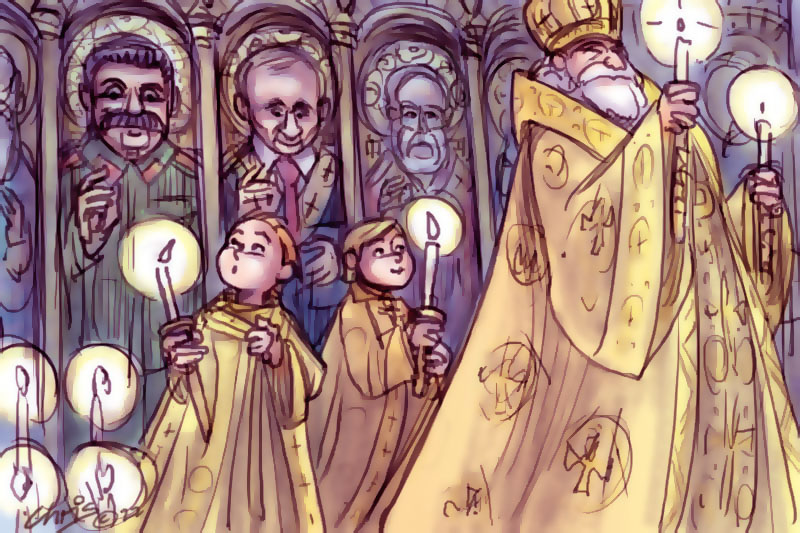
INTERNATIONAL
- Stephen Minas
- 23 May 2022
3 Comments
‘We removed him from the mausoleum’, wrote the Soviet poet Yevgeny Yevtushenko. ‘But how do we remove Stalin from Stalin’s heirs?’ The poem was published in 1962 but it’s still a good question. Today one of Stalin’s heirs commands a barbaric war against Ukraine with the enthusiastic cheerleading of another such heir – the leader of the Moscow Patriarchate reestablished by Stalin.
READ MORE 
-
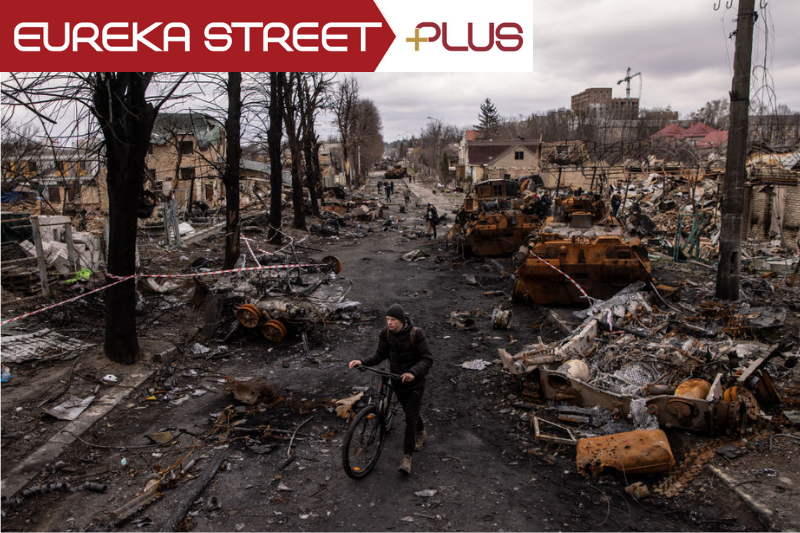
INTERNATIONAL
- Andrew Hamilton, David Halliday, Michele Frankeni, Stewart Braun
- 19 May 2022
5 Comments
We are now three months into the Ukraine war. From an invasion it has turned into a war of attrition that has cost many lives, displaced civilians, destroyed cities, and led to sanctions and the making of alliances with effects that have spread suffering far beyond Ukraine. In this Roundtable, Andrew Hamilton SJ, David Halliday, Michele Frankeni and Dr Stewart Braun explore the ethics of the war and likely paths to peace.
READ MORE 
-
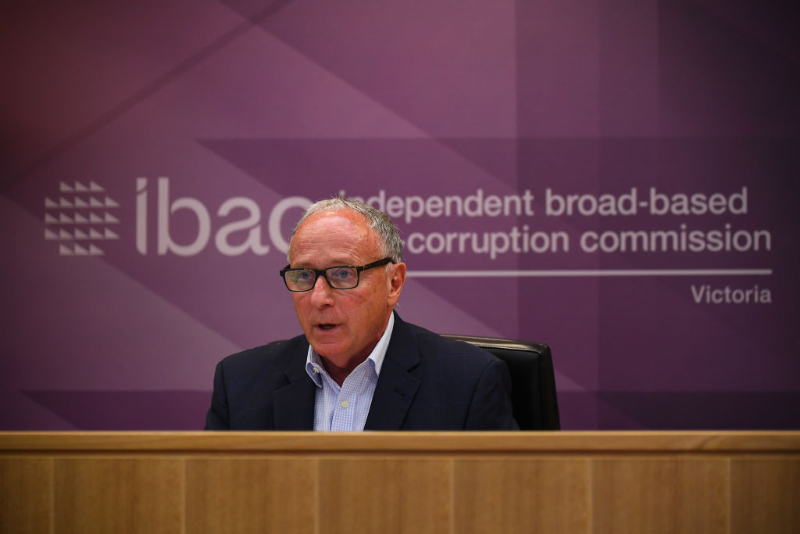
AUSTRALIA
- Andrew Hamilton
- 11 May 2022
7 Comments
In the election campaign the need for an integrity commission has been a minor issue. Many independent candidates have supported it, but the major parties seem to have concluded that it will not significantly shape the way people vote. Yet given the evidence of a lack of integrity in behaviour by and within governing parties both at Federal and State level, the nature and importance of integrity in the processes of government deserve reflection.
READ MORE 
-
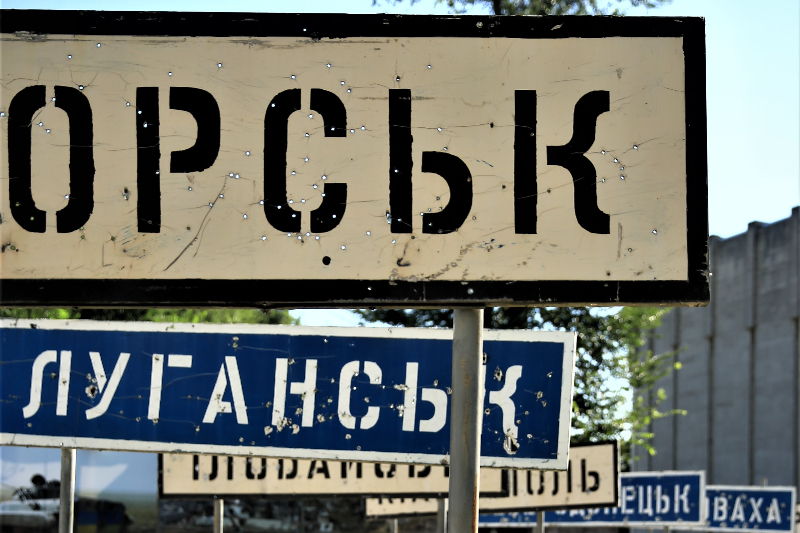
ARTS AND CULTURE
- Catherine Marshall
- 12 April 2022
4 Comments
The country’s most recent conflict — ongoing skirmishes with Russian-backed separatists in Crimea, Luhansk and Donetsk, just 230km east of here — had been memorialised at an open-air exhibition: a latticework of bronze flowers had been superimposed upon an ambulance wrecked in battle; bullet-ridden place names from affected villages were lined up like a column of condemned POWs.
READ MORE 
-
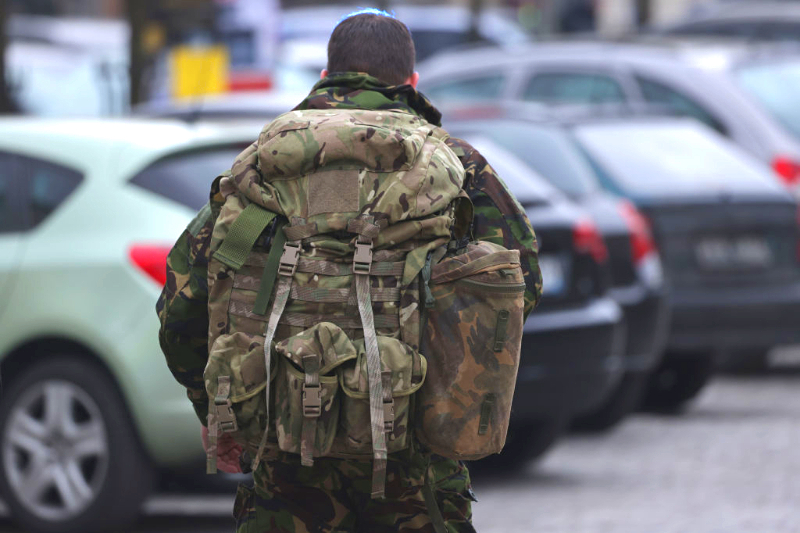
INTERNATIONAL
- Irfan Yusuf
- 12 April 2022
15 Comments
In a space of 40 years, Russia has been our enemy, then our friend and now is an enemy again. Russia is again attacking Ukraine. We are convinced the Ukrainian cause is just. But we also know that we face a domestic far-Right terrorism threat at home. What if young impressionable foreign fighters with little knowledge of Ukrainian history, politics and internal conflicts find themselves fighting with and influenced by anti-Semitic and Islamophobic neo-Nazi groups?
READ MORE 
-
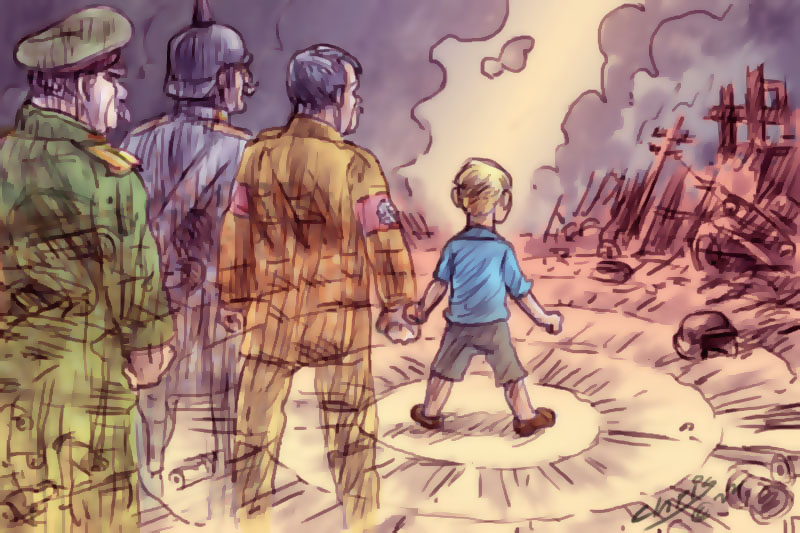
INTERNATIONAL
- Gillian Bouras
- 31 March 2022
19 Comments
People who understand more about international affairs than I do tell me that the Ukrainian/Russian matter is complex, but to me the matter seems simple enough, involving the obsessions of a powerful man, and the suffering of an innocent population. As usual, it is the women and the children who are bearing the brunt of the conflict, while President Putin remains supremely indifferent to their fate. And, as so often, I wonder what makes him tick.
READ MORE 
-
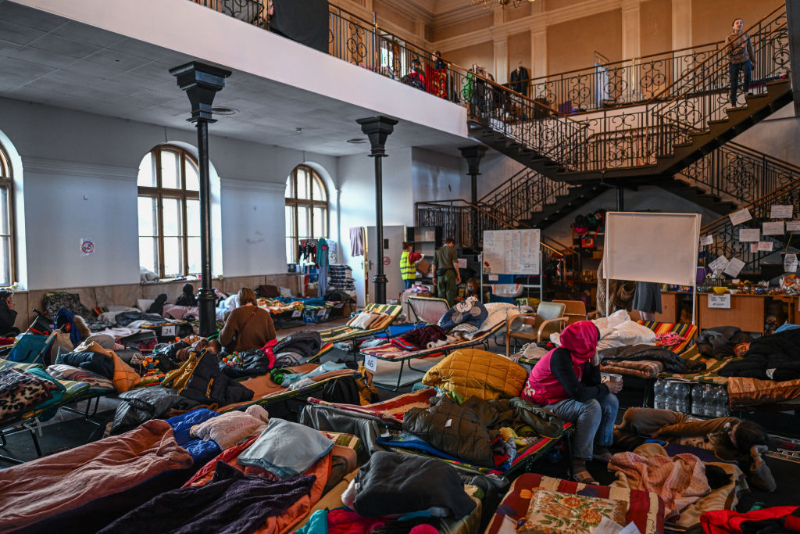
INTERNATIONAL
- David Treanor
- 28 March 2022
5 Comments
As this conflict unfolds, many governments commit necessary life-saving support for vulnerable people. However, these measures may not reach all citizens and groups, at least equitably. These include frail aged persons, children traveling without parents and those who live an intellectual and developmental disability (IDD).
READ MORE 
-

RELIGION
- Andrew Hamilton
- 24 March 2022
10 Comments
Any program of church reform will have soon to ask Chernyshevsky’s question, What is to be done? It is a dangerous question — he wrote his novel from jail and spent much of his life in exile or imprisonment. Discussion of Church matters is mercifully less perilous today, but the question does invite a radical repiecing of the connections and tradition and energies that constitute Catholic life.
READ MORE 
-
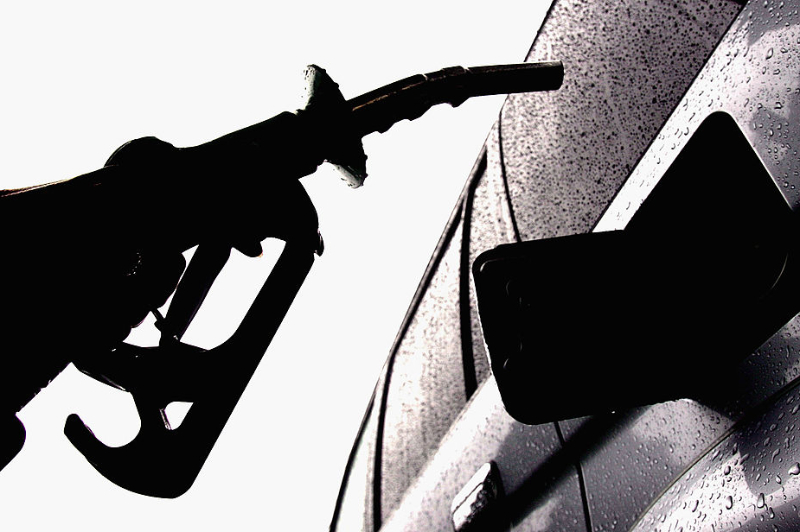
ECONOMICS
- David James
- 22 March 2022
5 Comments
Russia’s invasion of Ukraine has led to severe financial sanctions being imposed on the country that are likely to have lasting consequences. Problem is, they may not be the ones the sanctioners are expecting. They may even come to regret what they have done.
READ MORE 
-
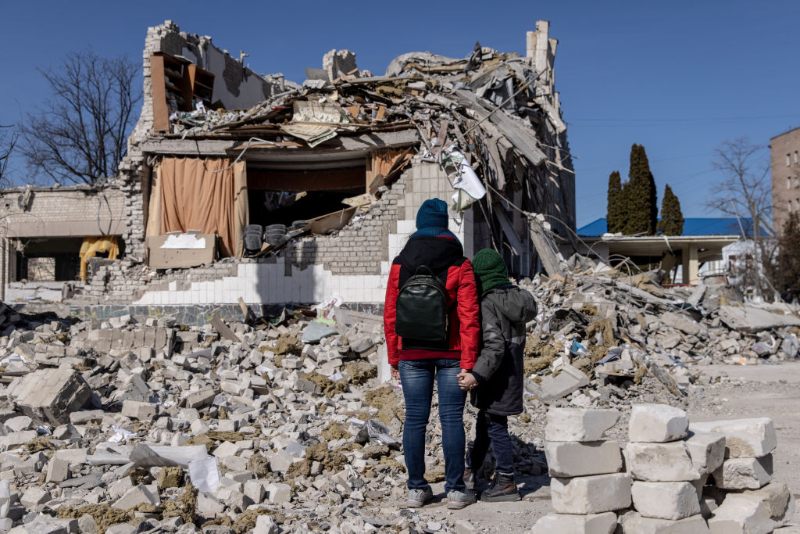
INTERNATIONAL
- Dorothy Horsfield
- 22 March 2022
8 Comments
Moscow-based Director of the Russian International Affairs Council (RIAC)Dr Andrei Kortunov warned of its tragic consequences for Russia in an article published four days before the launch of his country’s invasion of Ukraine. The de facto partition of Ukraine, he said, as a result of the Kremlin’s recognition of the independence of the People’s Republics of Donetsk and Luhansk, will signify ‘the final formalisation of the division of Europe’ from which there may be no easy retreat.
READ MORE 